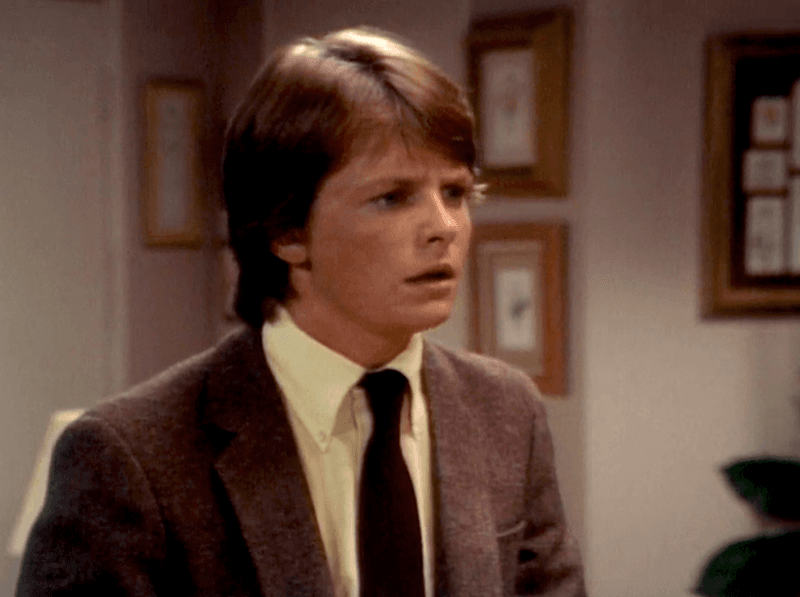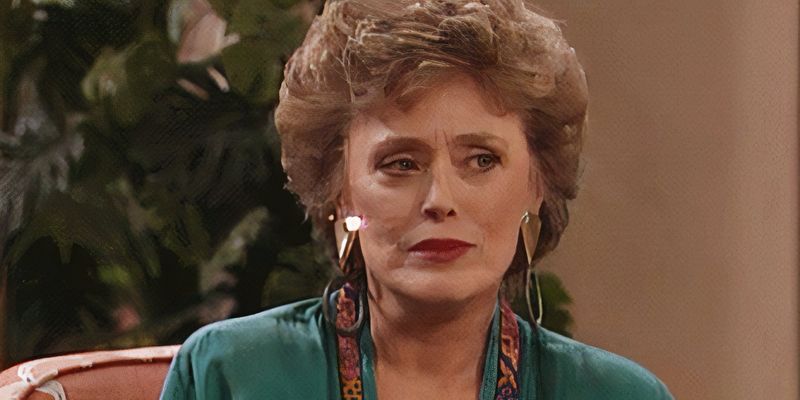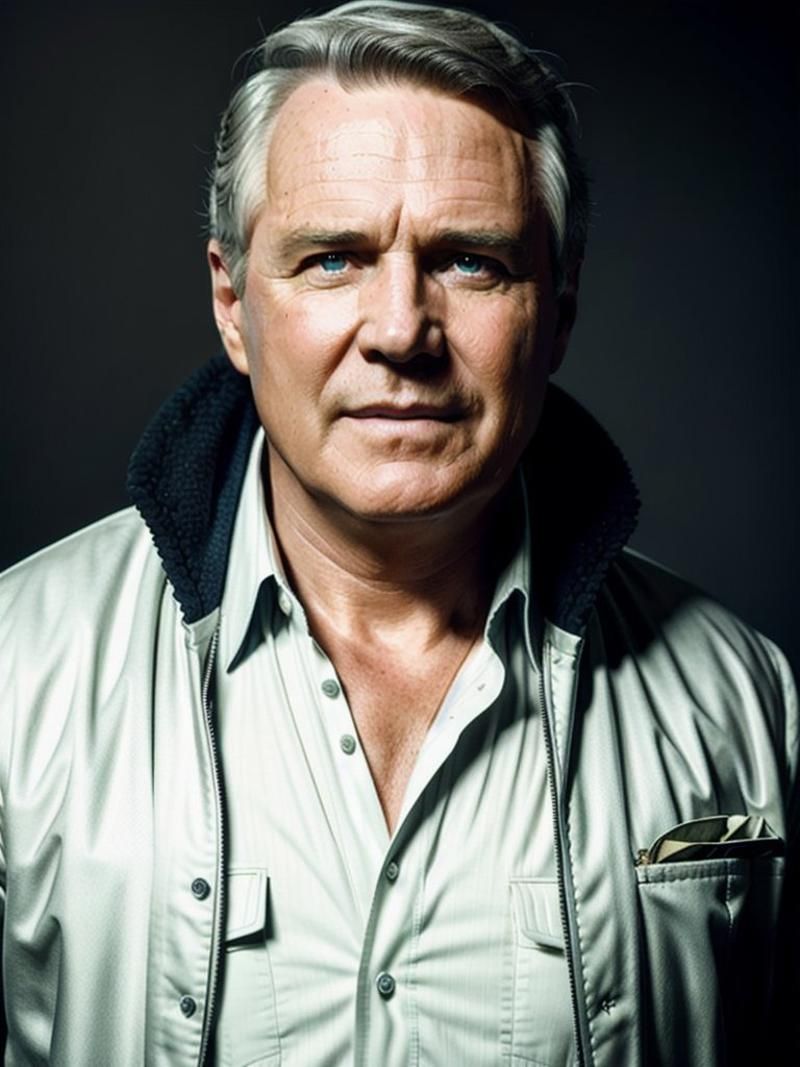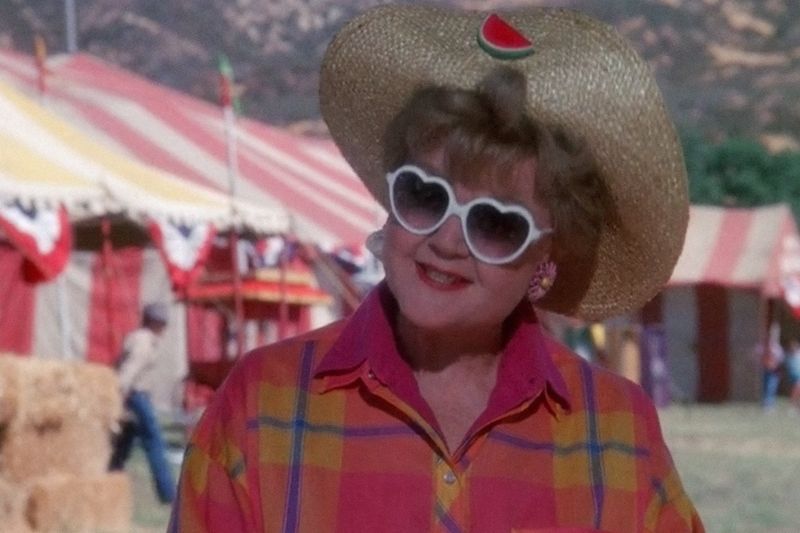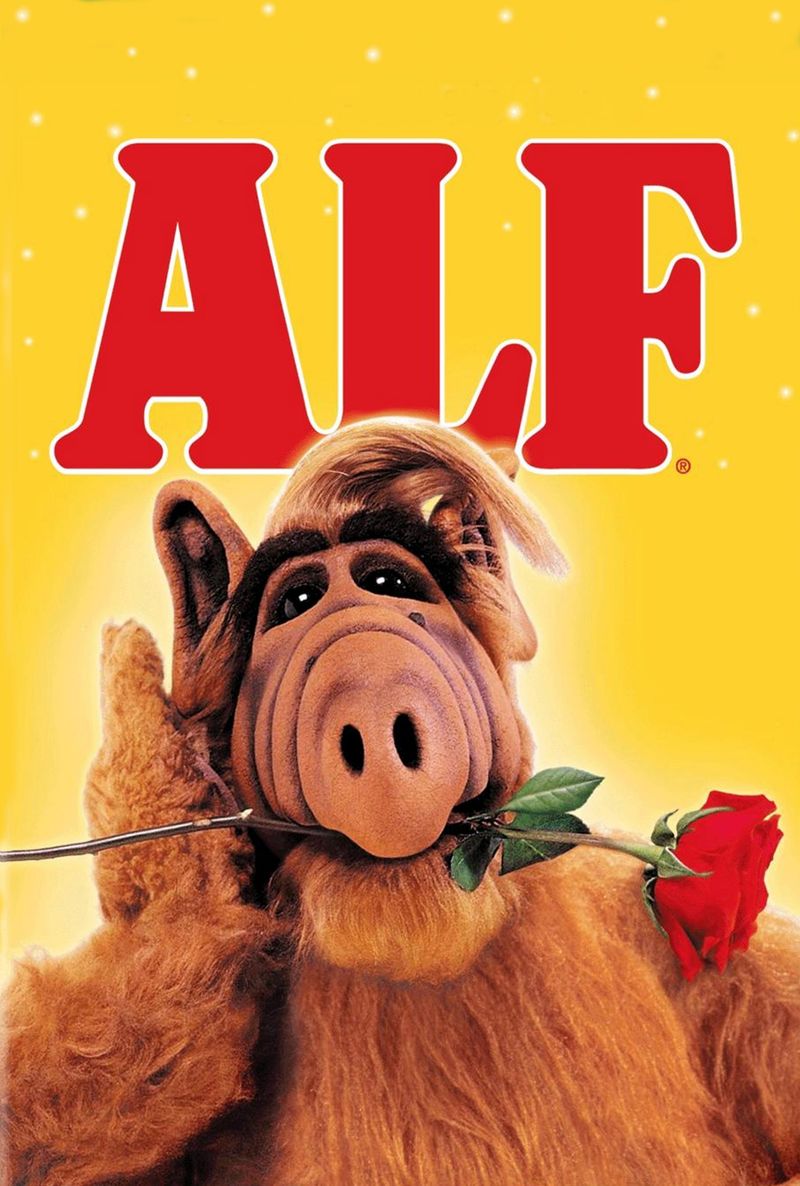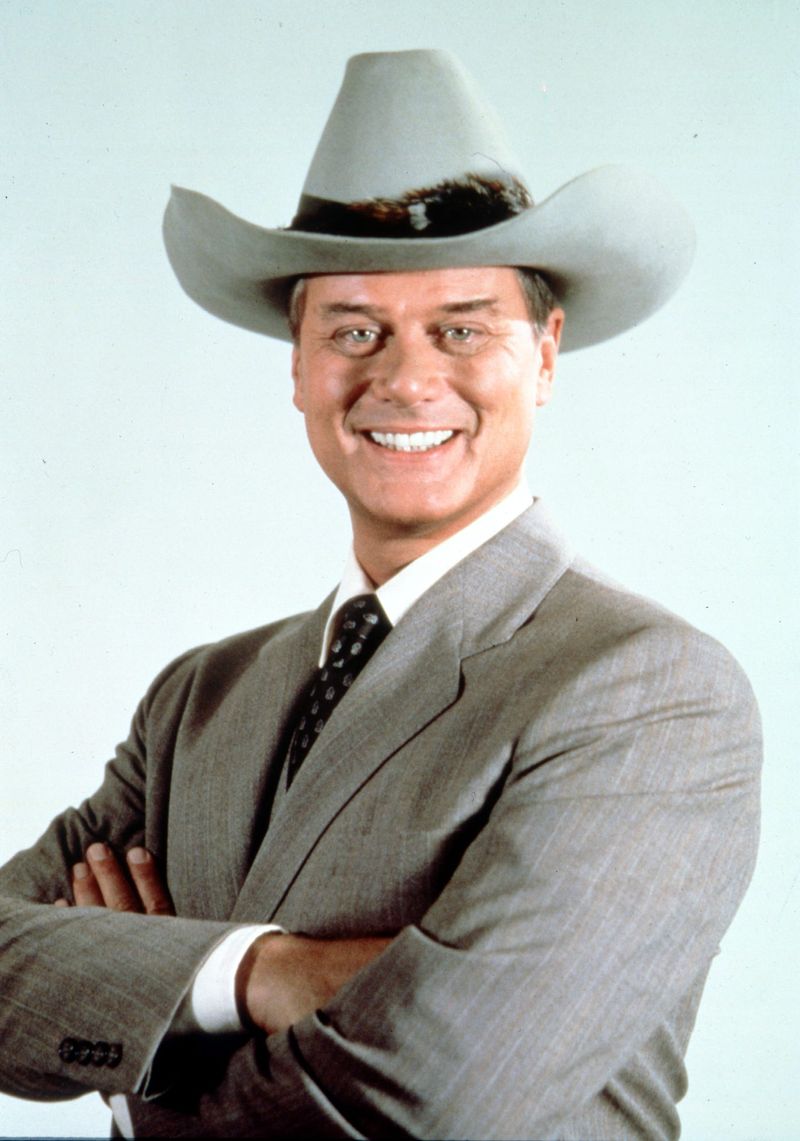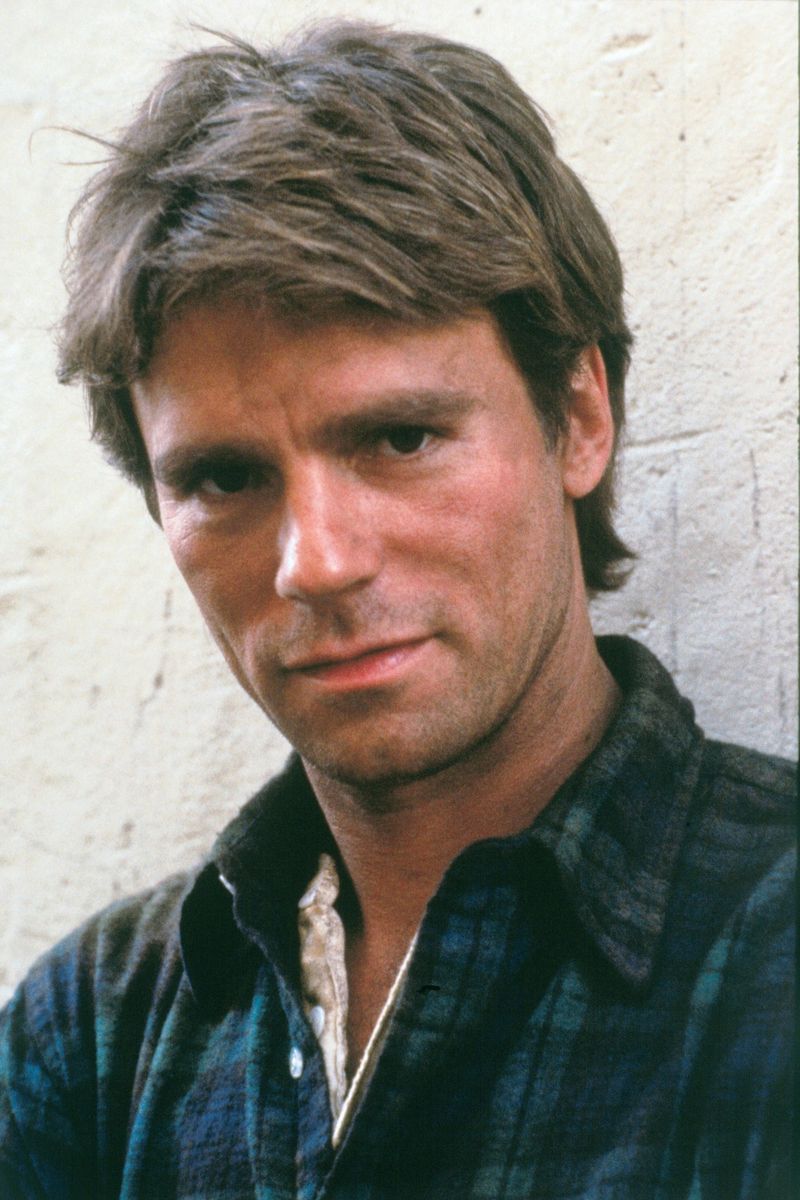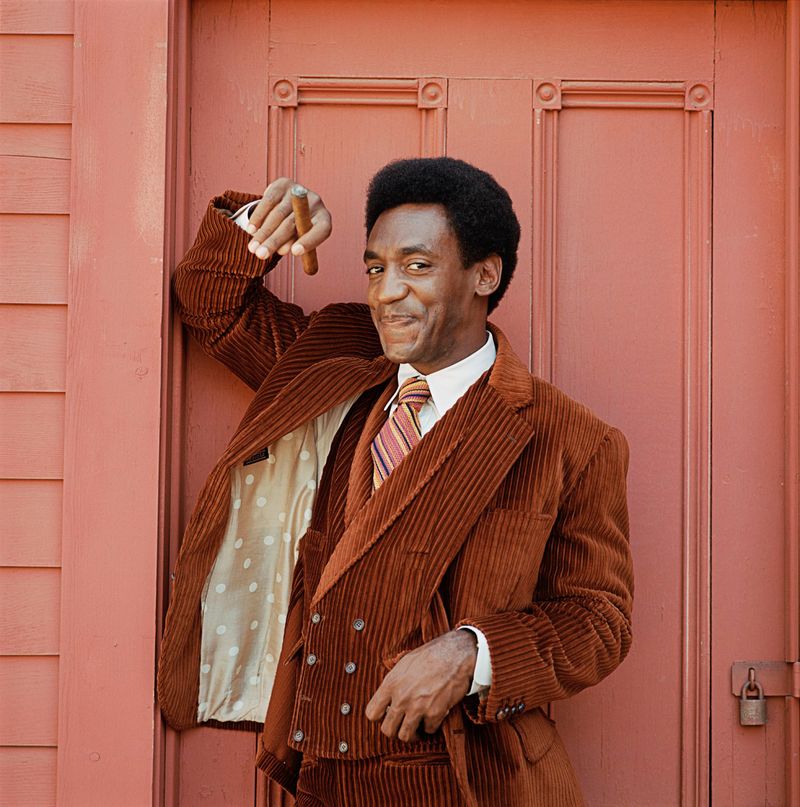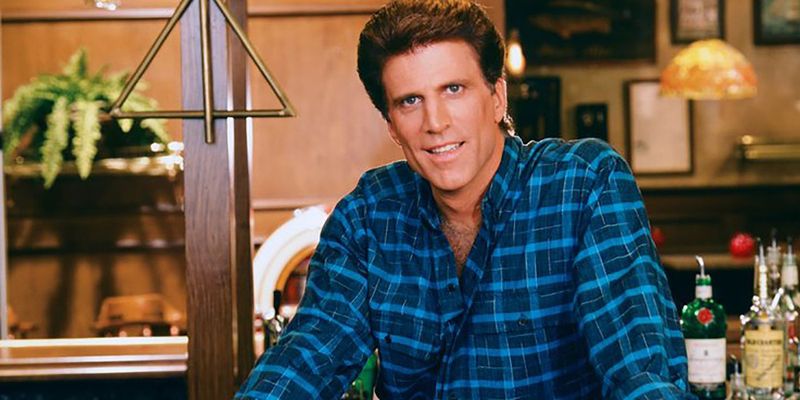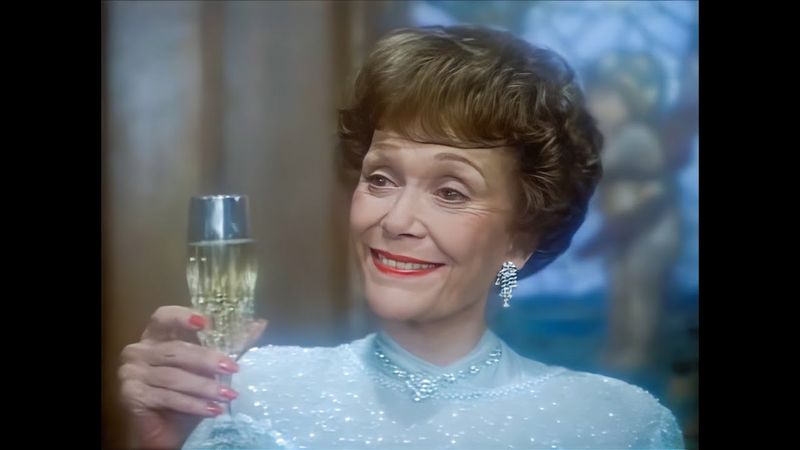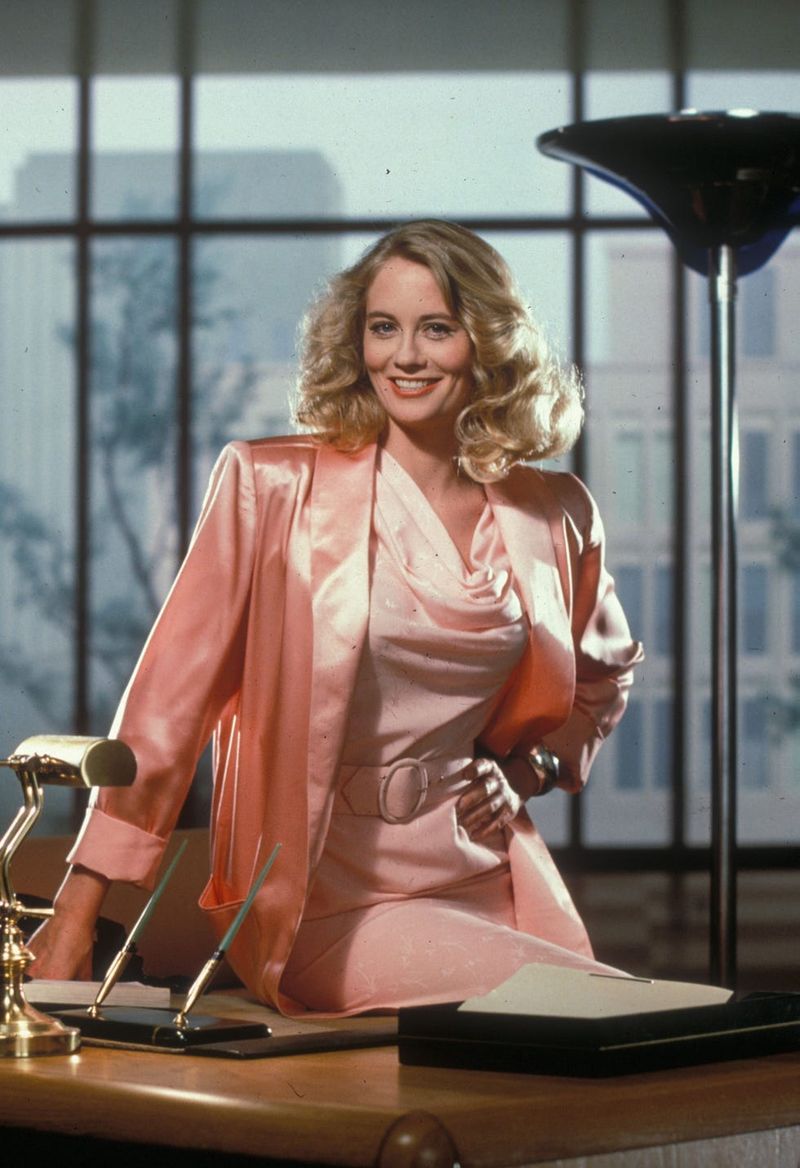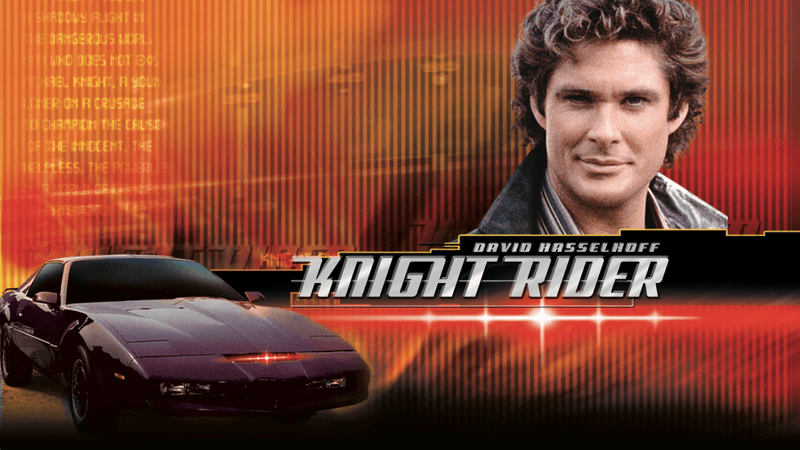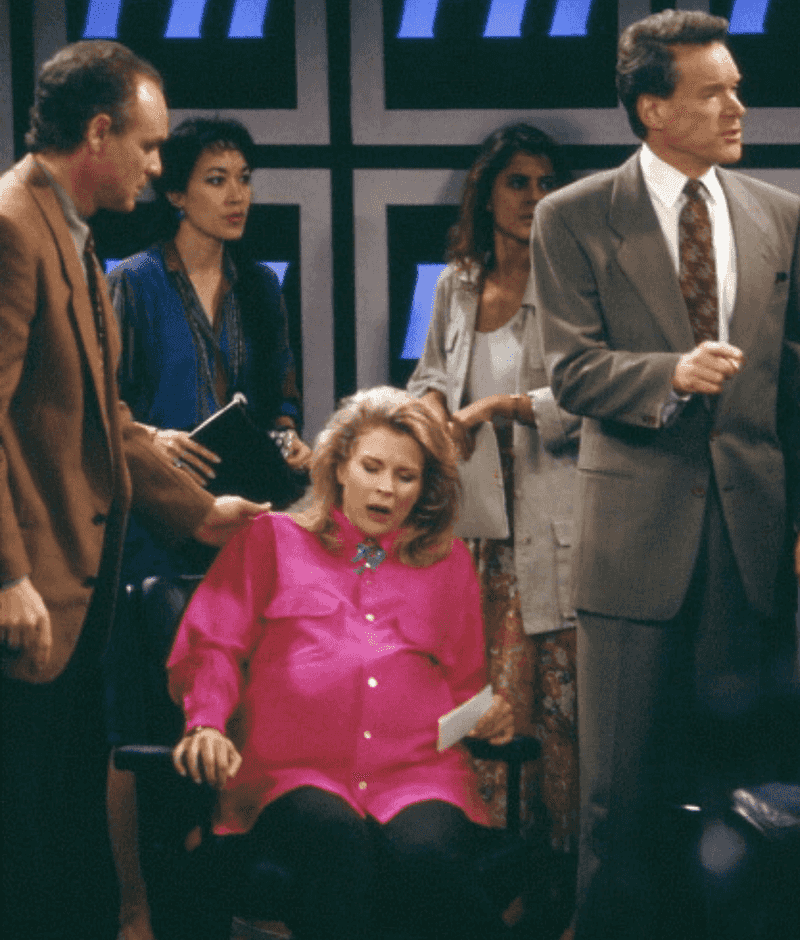The 1980s was a vibrant era for television, bringing forth characters who not only defined the decade but left an indelible mark on pop culture. From the audacious to the quirky, these characters embodied the spirit and style of the ’80s. In this post, we celebrate 13 TV characters who became icons during this unforgettable era. Each of them brought something unique to the screen, influencing audiences and leaving a legacy that continues to be celebrated today. Join us as we take a walk down memory lane and revisit these legendary figures.
Alex P. Keaton
Alex P. Keaton, portrayed by Michael J. Fox in ‘Family Ties,’ was the quintessential 1980s conservative. Raised in a liberal family, his character was a humorous contradiction, embodying the rising tide of Reagan-era conservatism. Alex’s ambition and love for economics made him stand out, reflecting the decade’s material aspirations.
His witty banter and youthful charm resonated with audiences, making him a beloved character. Despite his serious demeanor, Alex occasionally revealed a softer side, endearing himself to viewers. His journey through college, career aspirations, and family dynamics was both entertaining and insightful.
Blanche Devereaux
Blanche Devereaux, played by Rue McClanahan in ‘The Golden Girls,’ was the epitome of Southern charm mixed with a free spirit. Her character was known for her romantic escapades and sharp wit, often stealing the scene with her vibrant personality.
She represented a new kind of independence for older women, challenging societal norms with grace and humor. Blanche’s friendships with Dorothy, Rose, and Sophia added depth to her character, highlighting themes of loyalty and support. Her Southern hospitality, coupled with her unapologetic pursuit of love, made her a standout icon of the ’80s.
Hannibal Smith
Colonel John ‘Hannibal’ Smith, played by George Peppard in ‘The A-Team,’ was the strategic mastermind behind the iconic team of mercenaries. Known for his catchphrase, ‘I love it when a plan comes together,’ Hannibal was both charismatic and cunning.
His leadership skills and ability to think on his feet made him a formidable character, embodying the adventure and excitement of ’80s action TV. Hannibal’s clever disguises and inventive tactics were a hallmark of the show. His camaraderie with fellow team members added heart to the high-octane drama, solidifying his status as an ’80s icon.
Jessica Fletcher
Jessica Fletcher, portrayed by Angela Lansbury in ‘Murder, She Wrote,’ was the quintessential amateur sleuth. As a mystery writer turned detective, Jessica solved crimes with a keen eye and sharp intellect. Her small-town charm and unassuming nature made her an unlikely but beloved detective.
Her adventures took viewers into intriguing mysteries, showcasing her analytical skills and determination. Jessica’s character challenged stereotypes about older women, proving that age is no barrier to cleverness and intuition. Her knack for uncovering the truth made her an enduring figure in the detective genre, captivating audiences throughout the ’80s.
Alf
Alf, the lovable alien from the show ‘ALF,’ was a unique and quirky character that captured the imagination of audiences in the 1980s. Crash-landing into the Tanner family’s garage, his comedic antics and love for cat cuisine brought laughter to households.
Alf’s character was a humorous take on the classic fish-out-of-water trope, navigating human culture with curiosity and charm. His distinctive appearance and voice made him easily recognizable, and his adventures with the Tanner family provided heartwarming moments. Alf’s quest to contact his home planet Melmac made for entertaining television, cementing his place as an ’80s icon.
J.R. Ewing
J.R. Ewing, portrayed by Larry Hagman in ‘Dallas,’ was the quintessential villain of the 1980s TV landscape. As the ruthless oil tycoon, his scheming and manipulative tactics kept viewers hooked. J.R.’s character was the embodiment of power and ambition in the world of business.
His intricate plots and family feuds made for compelling drama, turning ‘Dallas’ into a cultural phenomenon. Despite his villainous ways, J.R.’s charm and wit were undeniable, making him a captivating figure. His legacy as an iconic ’80s character continues to influence modern television portrayals of complex antagonists.
MacGyver
MacGyver, played by Richard Dean Anderson, was the ultimate problem solver of the ’80s. Known for his ingenuity, he could escape any situation using everyday items. His character embodied creativity and resourcefulness, avoiding violence in favor of clever solutions.
MacGyver’s adventures took him across the globe, mixing action with lessons in science and engineering. His iconic mullet and Swiss Army knife became symbols of his unique brand of heroism. MacGyver’s legacy endures, inspiring a new generation to think outside the box, making him one of the most iconic characters of the ’80s.
Cliff Huxtable
Cliff Huxtable, portrayed by Bill Cosby in ‘The Cosby Show,’ was the loving father figure who brought humor and warmth to family life. As a doctor and family man, Cliff’s character provided positive representation of African-American families on television.
His playful interactions with his children and wife, Clair, offered relatable and heartwarming moments. Cliff’s comedic timing and life lessons made him an endearing character, showcasing the importance of family values and education. Despite the show’s later controversies, Cliff Huxtable remains an influential figure of the ’80s, remembered for his impact on family sitcoms.
Sam Malone
Sam Malone, played by Ted Danson in ‘Cheers,’ was the charming bartender with a past as a professional baseball player. His character’s laid-back demeanor and romantic escapades made him a central figure in the popular sitcom.
Sam’s interactions with bar patrons and staff created memorable comedic moments, highlighting themes of friendship and community. Despite his carefree attitude, Sam’s vulnerability and quest for meaningful relationships added depth to his character. ‘Cheers’ became an iconic part of ’80s television, with Sam Malone as its charismatic heart, influencing sitcoms for generations to come.
Angela Channing
Angela Channing, portrayed by Jane Wyman in ‘Falcon Crest,’ was the formidable matriarch of a wine dynasty. Her character’s ambition and cunning made her a powerful figure in the world of ’80s drama.
Angela’s determination to protect her family’s legacy led to intense rivalries and dramatic plot twists. Her sophisticated yet ruthless persona captivated audiences, turning ‘Falcon Crest’ into a must-watch series. Angela’s influence extended beyond her vineyard, representing the complex roles of women in power. Her legacy as an iconic character endures, reflecting the ambitious spirit of the ’80s.
Maddie Hayes
Maddie Hayes, played by Cybill Shepherd in ‘Moonlighting,’ was the glamorous model-turned-detective agency owner. Her character’s quick wit and undeniable chemistry with partner David Addison made for engaging television.
Maddie’s journey from a high-profile career to detective work brought humor and intrigue to the series. Her struggles with agency management and complex cases showcased her resilience and adaptability. The romantic tension between Maddie and David added depth to their professional relationship, making ‘Moonlighting’ a captivating ’80s show. Maddie Hayes remains a beloved character, known for her style and intelligence.
KITT
KITT, the Knight Industries Two Thousand, was more than just a car. As the AI-powered vehicle in ‘Knight Rider,’ KITT was a vital partner to Michael Knight, providing sass and support in crime-fighting adventures.
KITT’s advanced technology and iconic design made it a symbol of ’80s innovation, captivating audiences with its voice and personality. The show’s high-octane chases and futuristic gadgets added to KITT’s appeal, making it an iconic character in its own right. KITT’s legacy continues to influence portrayals of AI and technology in media, representing the excitement of the ’80s.
Murphy Brown
Murphy Brown, played by Candice Bergen, was the fearless journalist and TV news anchor in the show named after her. Her character broke barriers, addressing serious topics with humor and candor.
Murphy’s strong personality and determination to pursue truth resonated with audiences, challenging societal norms. Her interactions with colleagues and on-air antics provided comedic relief, while her dedication to journalism added depth to her character. Murphy Brown became an icon of ’80s television, inspiring generations of female journalists. Her legacy as a pioneering character remains, influencing portrayals of women in media.
